OCTOBER // NATURE

What’s This About?
Have you read my first post on this topic? Click here if you haven’t!
In November 2020 when my anxiety had gotten out of control I read that hiking and being out in nature can be a great distraction, so Kevin and I hiked at the Wissahickon Valley Park. It felt good to breathe in the crisp air and get out of my house. For a moment, it didn't feel like someone was sitting on my chest.
After doing research - I learned (obviously) that nature and wellness go hand in hand. I read a study on walking in nature and rumination. It stated that a 90-minute walk in nature leads to a decrease in ruminating thoughts. Unfortunately, a 90-minute walk in an urban environment does not have the same effect.
What Are Ruminating Thoughts?
"The process of continuously thinking about the same thoughts, which tend to be sad or dark, is called rumination.
A habit of rumination can be dangerous to your mental health, as it can prolong or intensify depression and impair your ability to think and process emotions. It may also cause you to feel isolated and can, in reality, push people away." Link
I dealt with ruminating thoughts during this time. Sadly, your brain can sometimes be your worst enemy. What helped me personally was challenging myself by telling myself I didn't believe what was said internally. Once I got some footing, I started to congratulate myself when say, 5 minutes would go by without a negative thought, then ten, then an hour, then a half of a day, etc.

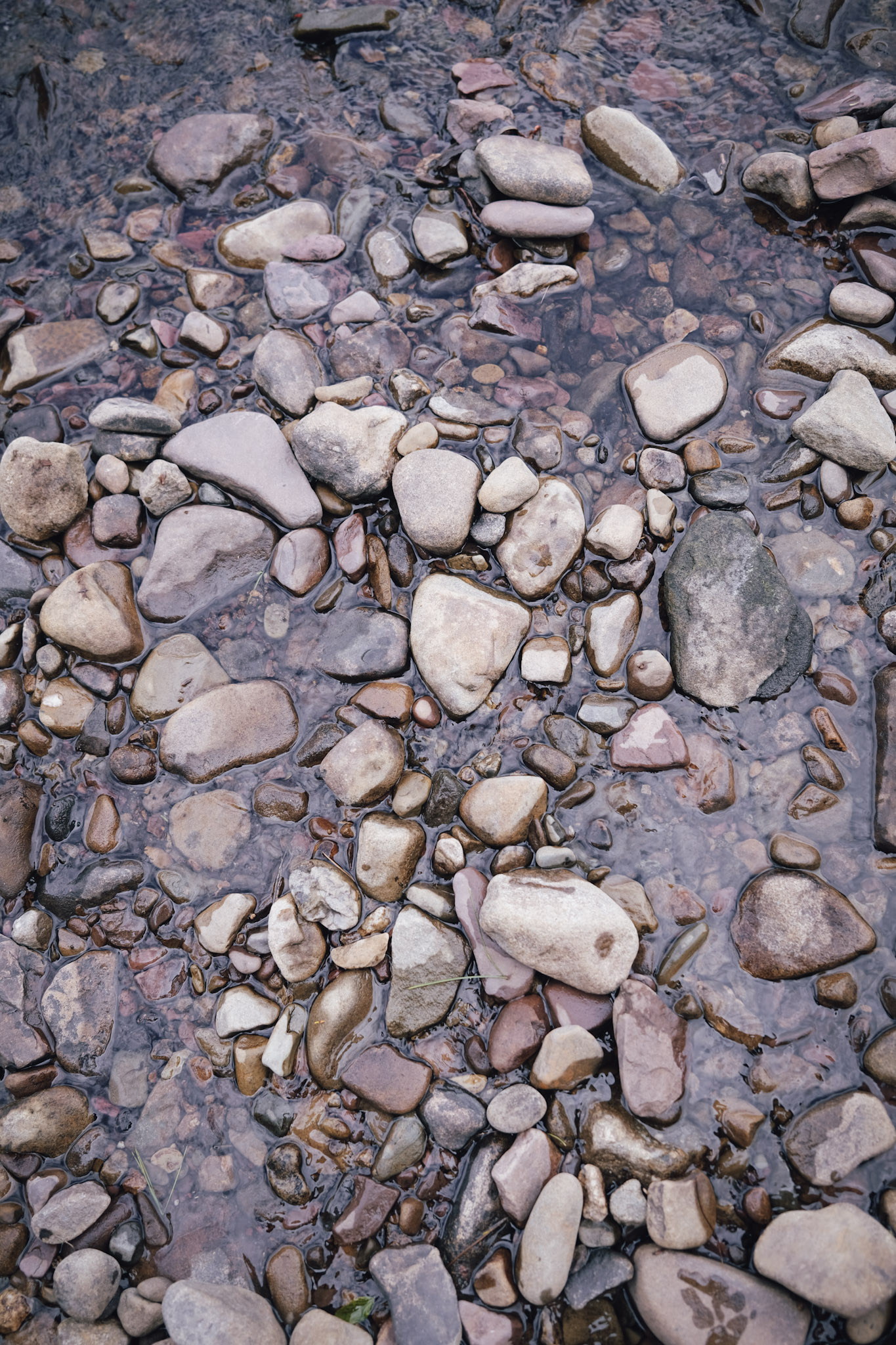
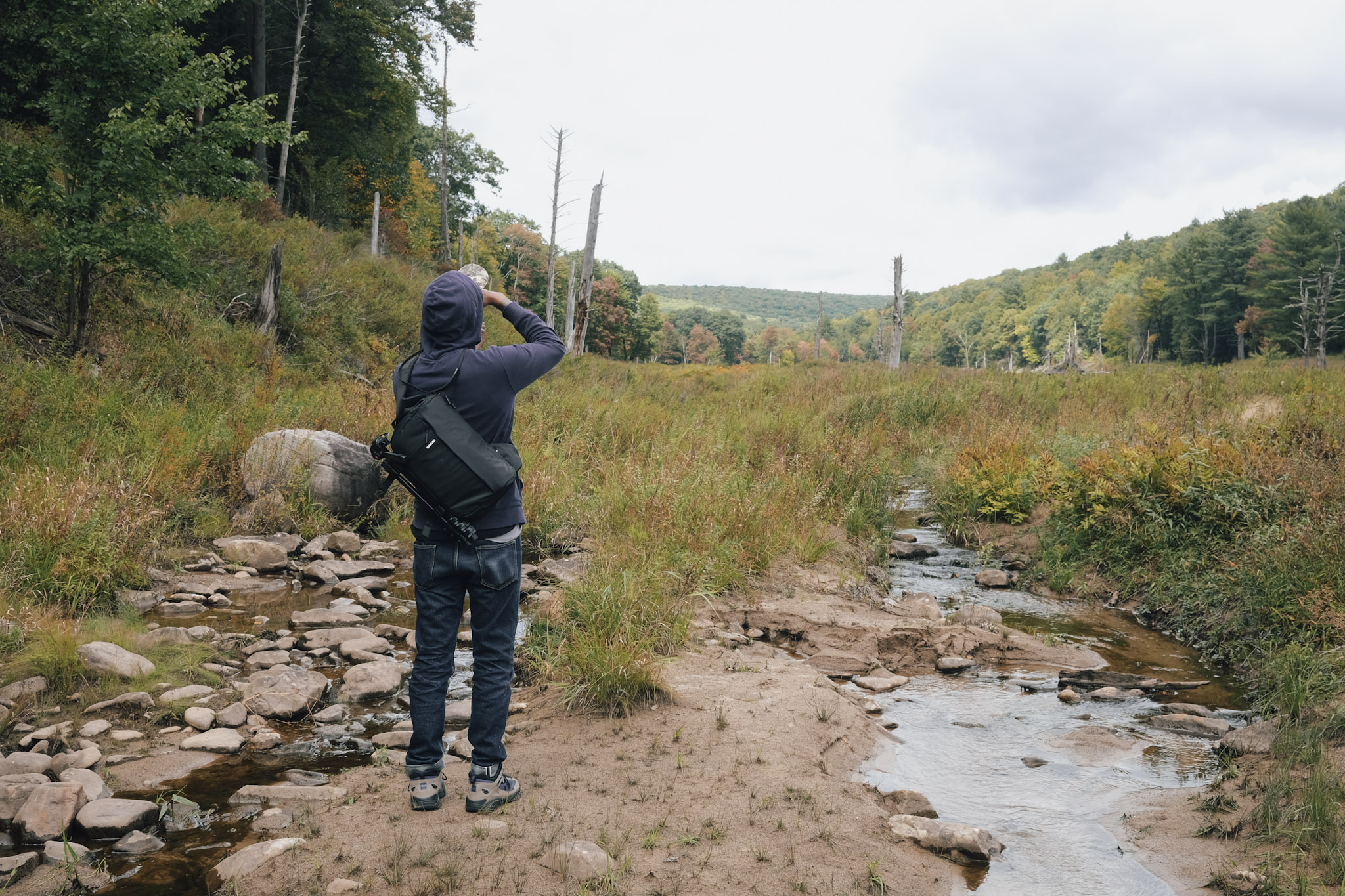

How Connecting with Nature Benefits our Mental Health
During 2021 the UK's focus for their mental health week was nature. Although the stats are from data from the UK - it's still helpful and informative. Things I learned while reading this (please click the link to read/learn more) are:
"...Other studies have likewise found that different levels of lockdown restrictions have had negative consequences on people’s mental health, but that contact with nature has helped people to cope (Soga et al, 2020). During the pandemic, many people turned to nature, visiting nature spaces more often and being more likely to notice the nature that is all around us. In fact, the increase in noticing nature was much greater than the increase in time spent in nature. Between April and June 2020, fewer than half of adults reported they were spending more time outside, but three-quarters reported they were noticing and engaging with everyday nature more (Natural England, 2020). And studies showed that these changes in the relationship with nature contributed to improvements in people’s well-being; particularly in feelings of life being worthwhile."
“It has been suggested that the greening of areas in and around schools in disadvantaged areas, particularly with trees, could promote optimal socio-emotional and behavioural functioning for children from homes with both low and high levels of exposure to nature (Scott et al., 2018). Initiatives like this are much needed, as pupils/students report being less connected with nature than people in employment or retirement“
“Well-designed or adapted green spaces have the potential to be a free, universal resource that can benefit people from all backgrounds. However, natural spaces are currently not equally accessible to all, and may be particularly inaccessible to certain groups because of other social, economic and health inequalities. Some places are inaccessible due to physical inaccessibility to people who are physically disabled or who have sensory impairments, geographically inaccessible for people who do not own cars, or inaccessible due to safety concerns.“
“Access to nature beyond an urban setting can also benefit all communities. Modest-scale physical changes to woodlands to improve their attractiveness for use, consisting largely of footpath surfacing and drainage, improving entrances and clearing rubbish; and community engagement events to attract the local community to use the woods, including ‘family fun days’, photography and environmental art workshops, and activities for school children, can all help deprived communities to connect with nature and increase social cohesion (Thompson et al., 2019).“


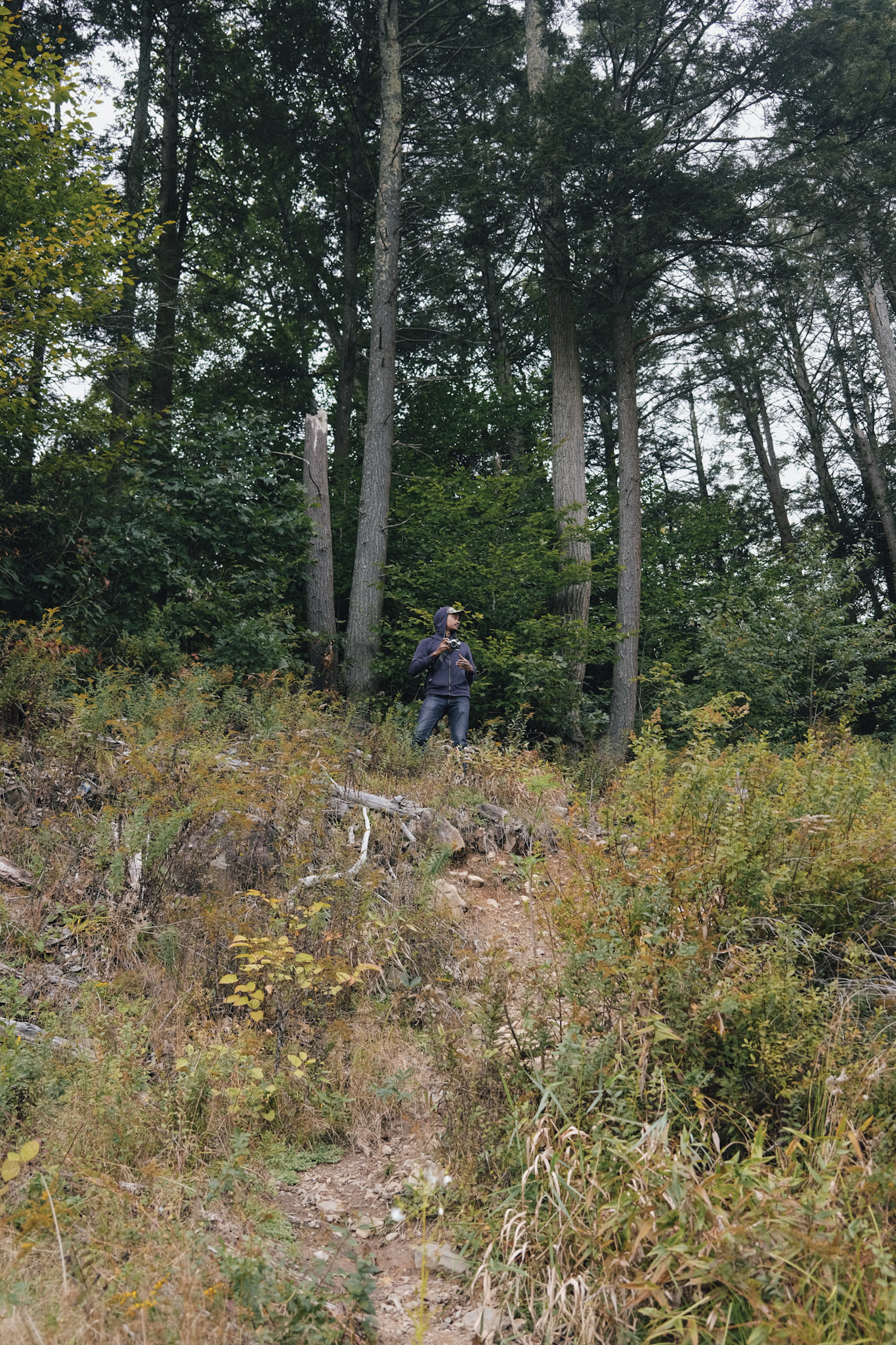
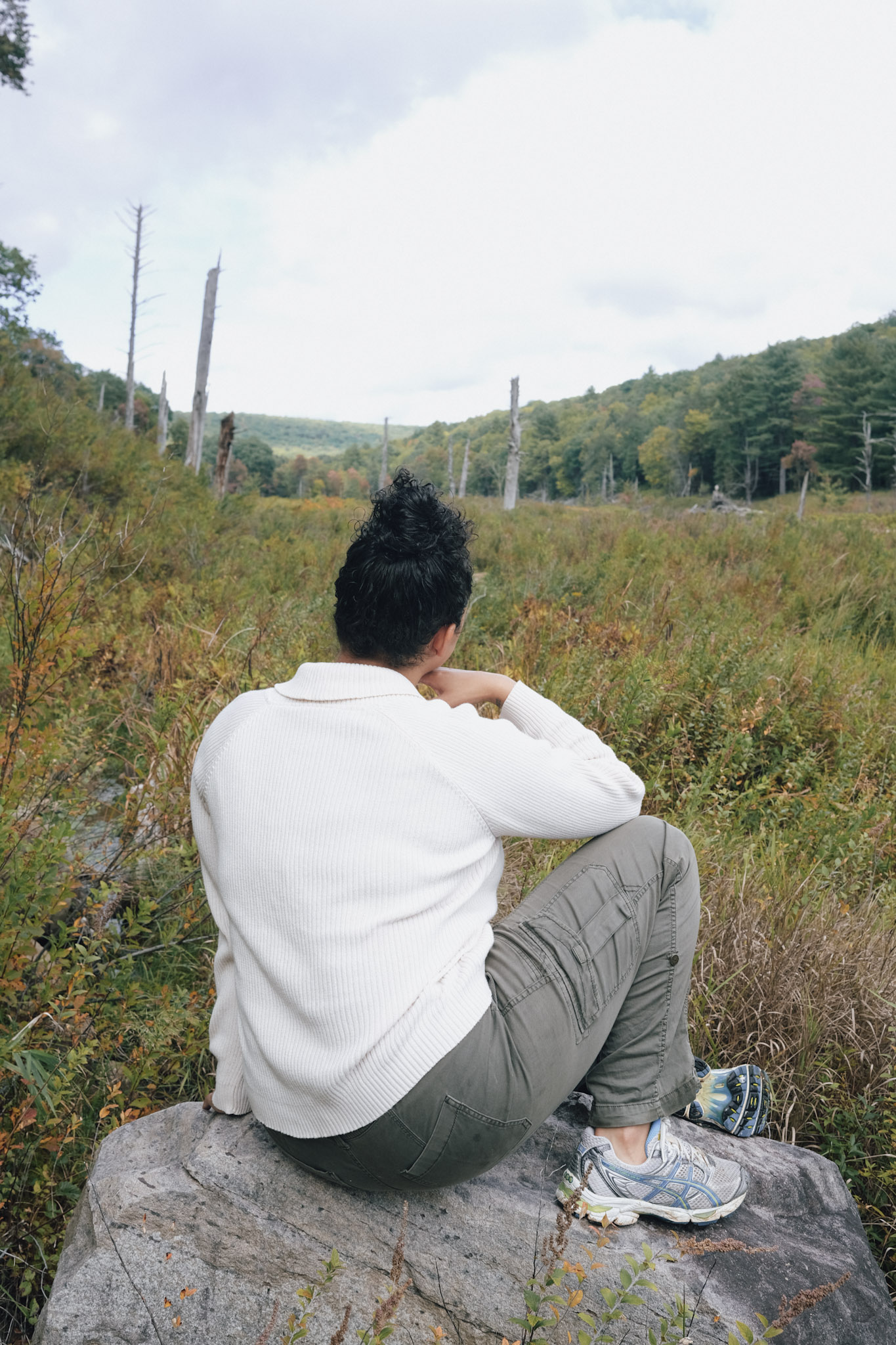
Getting There
These photos were taken in the Poconos (thank you, Amanda, for the recommendation!) We don't have a car, so we can't pick up and go whenever. I did some digging for other people in the same situation as me. Some recommendations I thought of:
- Go with friends who have a car. Make it a group effort. With fewer connections to your phone, you may have more meaningful conversations.
- Look into green spaces in your proximity. For Philadelphia, I was able to find a map here. The only thing I'd say is - a lot of these are small parks with minimal vegetation. I think this shows how we need more streets lined with trees and areas (other than downtown) free of litter. Because, let's face it - if downtown didn't have the street cleaners - it would be just as messy.
I found a fantastic trail map here as well.
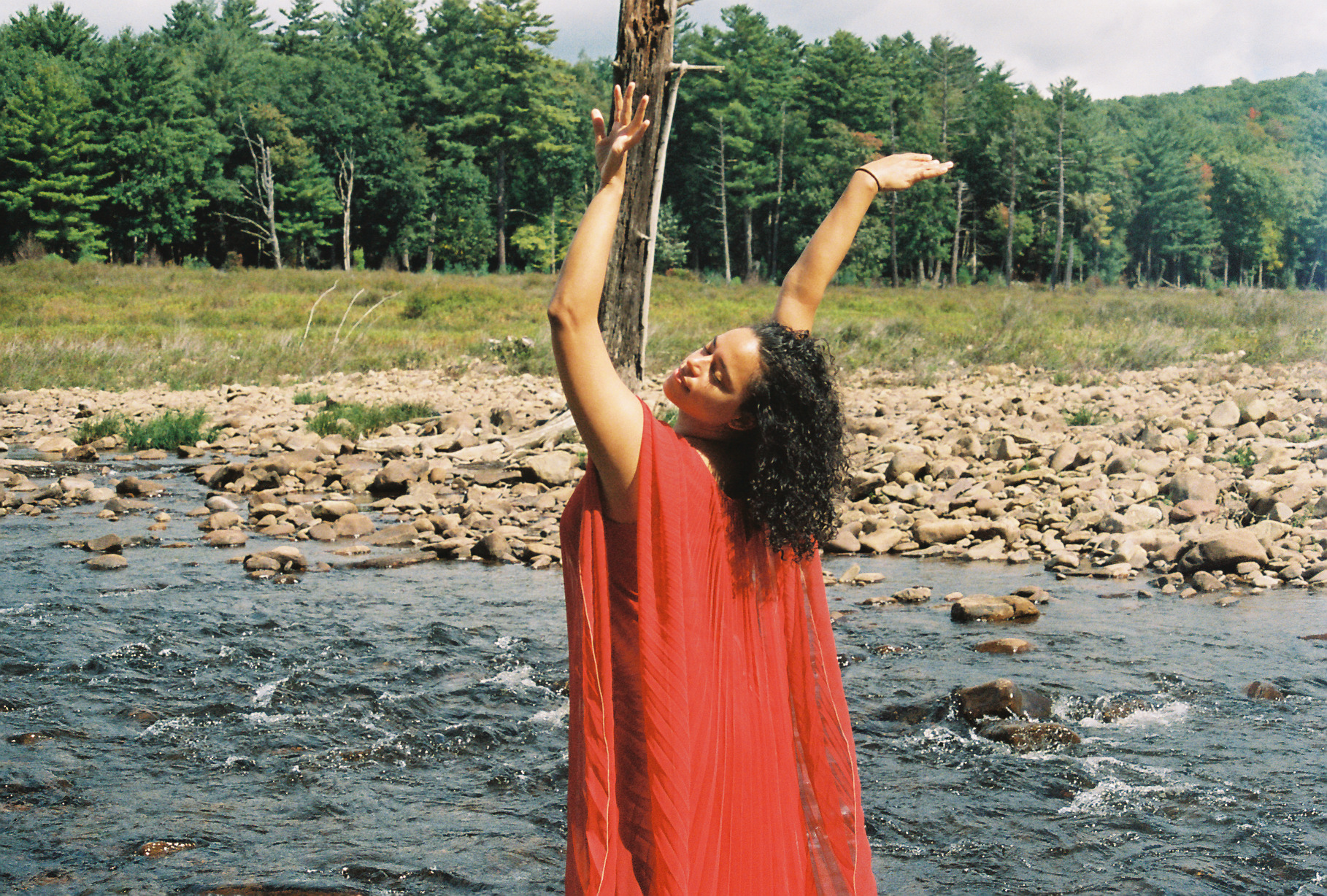
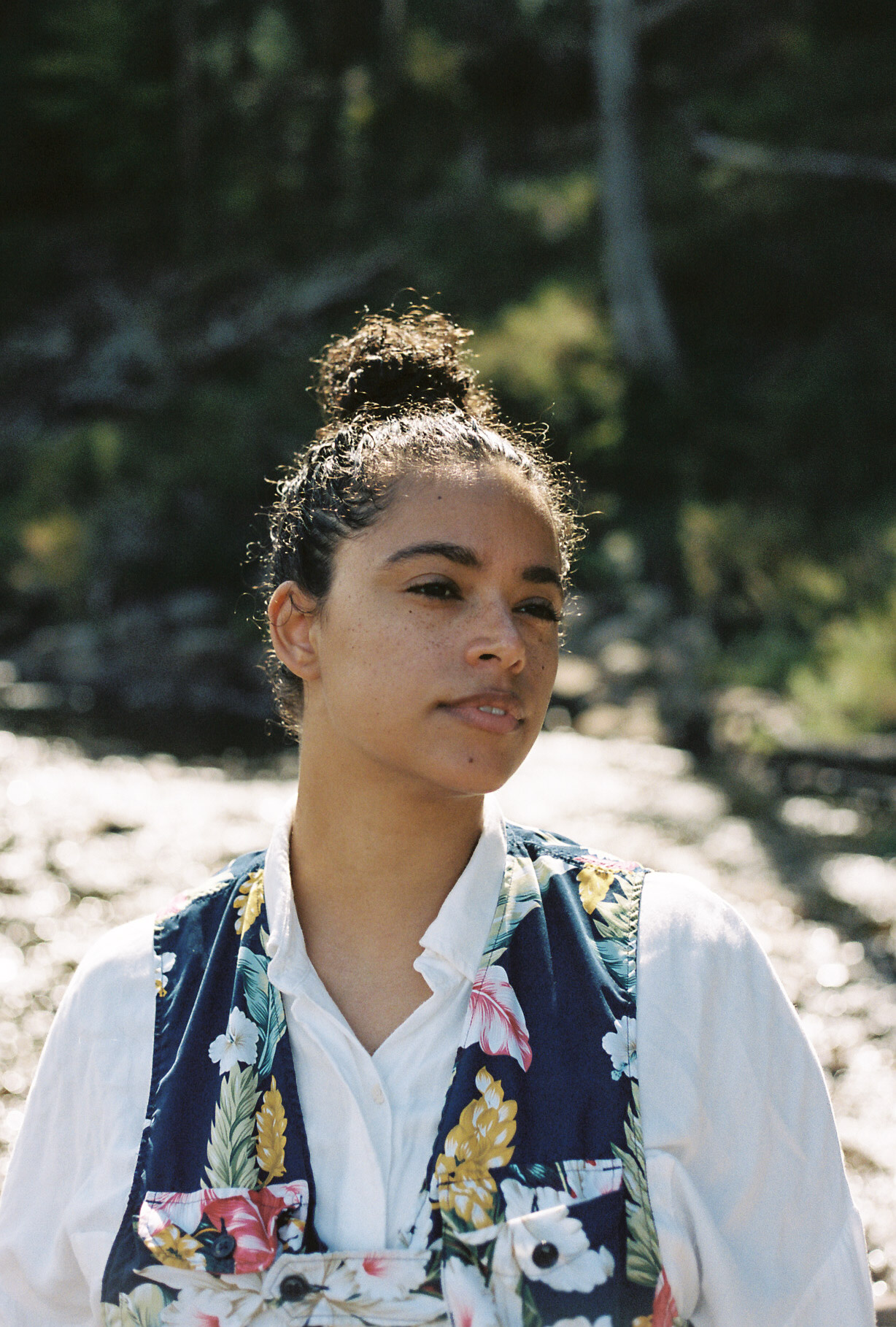




Going on a hike in the Poconos (“high environmental quality”) isn’t the only thing we can do to be around nature. Nursing a small garden in your home, taking a walk outside during lunch, listening for birds! when you’re out and about are all small things we can do to connect with Mother Earth. Hell, they even said watching nature documentaries are helpful! Remember, earlier via the UK study - it noted that it’s not only about being in nature but also noticing the nature you’re already around more. Because I was working from home - there were some days when I would take my dog on an hour+ long walk to clear my head. Instead of being on my phone, I would let my dog guide me. It’s funny to see myself embedded in this study because through these walks - I would notice the small beautiful things I overlooked in the past because I was in a rush or on my phone. It was a small joy I so desperately needed.